Ten years ago, when the professor in the office next to mine introduced me to the concept of “imposter syndrome,” I recognized it as something I “should” have: I’m from a working class background, yet a professor at a fairly elite university; people read me as female so I’ve spent my whole life being treated like I’m ignorant and incompetent, even by the people who like me; and most of my colleagues have PhDs, while I am very proud of my MFA. All the psycho-social boxes ticked. But there was something about the phrase itself, “imposter syndrome,” that led me to conclude: nope not me, I don’t feel that way at all.
Then one day in the blur of a 2020 covid lockdown online class, my students roped me into playing Among Us with them. My first time playing, I had the good fortune to be assigned the role of “imposter” — but the “imposter” in the game is better described as a saboteur, or a murderous “spy in the enemy’s country.” In the game, I blended in with the crew, but created mayhem and killed several of my students’ avatars before they started to suspect me. When they called me out — apologetically! — “um, Professor Letter? I just saw you do something only an imposter can do…” — it was a tremendously good laugh. I gave myself away, but I really liked being the imposter.
“Imposter syndrome,” when I first heard of it, suggested to me something in the spectrum of low self esteem, a feeling of unworthiness, a sense of not living up to expectations, of wearing a big-kid suit that doesn’t fit, your face bright red with apologetic chagrin.
That doesn’t describe how I felt as I blazed my byzantine path through the towering corn maze of academia. From my year and a half of high school to my two years in community college to my subsequent six years in a four year college, working and learning and traveling on and off and on, (somewhere in there I got married and divorced), and then into my four years of grad school, I never quite “belonged.” I went beyond all possibility of belonging when I was a “trailing” spouse to a Stegner Fellow at (absurdly fancy) Stanford University. I was attached. I was adjacent. But I was definitely not one of them. Yet in all that time, I never felt unworthy or out of my depth. In fact, I often felt a strange kind of tension, a frission, one could even say a kind of power.
Because I was free, and I was adventuring. Because my self-worth was not tied up in this — and because everything I’d already accomplished was so unlikely and surprising that I often felt “I could be done right now and I’ve won.” Yet I wasn’t done: I took chances and fed my passions — I learned because I loved learning, and I created because I loved to create.
All the while I moved through a world where people were likely to make wrong assumptions about me, assumptions likening me to themselves, which they perceived as the “default.” Though I knew very well that I had lived a different kind of life with different experiences from most of those around me, I would not have described this as “posing” or “imposing” or “imposturing” but of accidentally (and with some amusement) passing — through no efforts of my own, no desire to deceive — because the simple accident of the environment led me to be lacquered with the same set of assumptions made of most people in this space.
And as the term “passing” implies, this had something to do with race. Throughout my life, people have not universally read me as “white” — especially in South Florida, where I’m from, people were always less likely to assume I was “white.” A black classmate in college asked me outright if I was passing for white. When I was younger, my yellow-olive skin was deeper-hued and my hair fell into dark spiral curls. Combine that with pitch-colored eyes, broad-ish features, and a meandering accent very few could place, people perceived me as part of the off-off-white melange that defines South Florida and much of the Caribbean.
But as I’ve aged, I’ve grown paler, and my curls have loosened their once-tight twist. In white-dominated academic spaces, especially in the white-dominated Midwest, I am always read as “white” — it’s a fair cop. I blend in to the sea of pallor, and all the assumptions that go along with academic inclusion are overlaid upon my pitch-eyed, yellowish, “white”-enough face.
Were something about me to signal more strongly “not-white,” I think others would not only pick up on the economic, educational, religious, and cultural differences between me and them, they would exaggerate and/or fetishize them. This happens to my not-white-presenting colleagues all the time. It’s a burden I don’t have to bear.
I wonder sometimes, because I’m gender-noncommittal, what my experiences would have been like had I also been read by others, even occasionally, as male. Based on studies of the differences in assessments of, and opportunities afforded, professors of one gender or another, I can only conclude I’d have done pretty dang well were I taken for male in these spaces. But whether people read me as male or female, when they read me as white they assume a background: a family of academic achievers, vacations captured in childhood videos, banquet-like family dinners, impressive extra-curriculars, success in classroom education, “walking” in a graduation gown, a “traditional” college path.
In academic workplaces, when other people of economically and socially diverse backgrounds talk about their homes and families, their experiences with marginalization, I listen, I hear, and I remember. I nod and let them know what we have in common. And those same people, when I share my story, they listen, hear, and remember. Those around us with higher-class and better-educated, better-trained and better-funded backgrounds, hear these same stories and, as far as I can tell, don’t register them at all. This is the power of the presumed default. The signifying details do not signify, to those who have never experienced them. In one ear and out the other. Background noise.
The person I felt closest to at work (which granted isn’t that close), after almost ten years of working and socializing together, publicly referred to me as “doctor.” I had to correct her like Janet from The Good Place: “Not a doctor!” I thought it was a simple slip of the tongue at first, but she was completely throw’d off. Despite all the conversations we’d had, despite all the tales we’d shared, nothing of the substance of me had ever really sunk in, not even that.
And that describes my normal.
But even if I feel like an outsider, even if I feel at cross-purposes with my colleagues, I’ve never felt like an “imposter” in the sense that “I don’t belong here.” I worked very hard to be here, not just by “getting grades” but by navigating an alien landscape with very little help and occasional hostility. With no family or friends who could advise me, I found ways of escaping traps, dodging attacks, and strategizing a path towards the things I love and enjoy.
And so the role of the Among Us imposter — the spy, the saboteur — feels more fitting. I should emphasize that I wouldn’t harm anyone, destroy any infrastructure, or attempt to impede another’s mission.
But work with me here: if you remove the violence, the Among Us imposter is simply on an alternate mission. The Among Us imposter looks like everyone else and occupies the same workspace, but they came from somewhere else and they have a different destination. And the Among Us imposter wields a special kind of power, because the imposter knows the score, while the others go about their tasks and occasionally stop to puzzle and wonder about the inscrutable occurrences in their midst.
The Among Us imposter minus the violence exemplifies a different kind of “imposter syndrome,” one that feels more familiar to me — let me fill out that reference to Invisible Man I quoted more briefly above:
“…our life is a war and I have been a traitor all my born days, a spy in the enemy’s country even since I give up my gun back in the Reconstruction. Live with your head in the lion’s mouth. I want you to overcome ‘em with yeses, undermine ‘em with grins, agree ‘em to death and destruction, let ‘em swoller you till they vomit or bust wide open.”
An Among Us style “imposter” knows exactly who they are. They know they are surrounded by others different from them. They do not need or wish to change this. They are fine with the system as it is, because they are working against the system in any case: when the system is misogynistic, well what do you expect? That’s why we work against it. When the system is homophobic, again, it’s good to be apart. When the system grows sharp with capitalist imperatives, well, of course it does, and we were ready for that. We know we’re living with our heads in the lion’s mouth, getting through to get by, the truth of us invisible, private, cherished, our own.
We “different” types in academia believe that our presence here is an unmitigated good — both for the other “different” people who come into these spaces and feel left out, and for the spaces themselves, which grow stale and repetitive without our challenge. It’s not about representation or even activism: it’s simpler than that.
The diversity of human experiences cannot be swallowed, consumed, even though the systems we live within try. When we are our truest unknowable, unpredictable, indecipherable selves, we turn the system’s stomach. It will vomit us up or destroy itself trying to hold us in, and the damage it can do is slowed — an institution becomes a place where humans can grow, instead of a place that grows large on the flesh of humans.

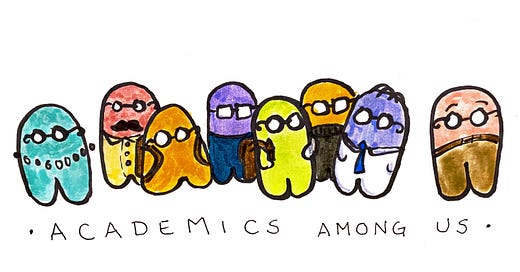



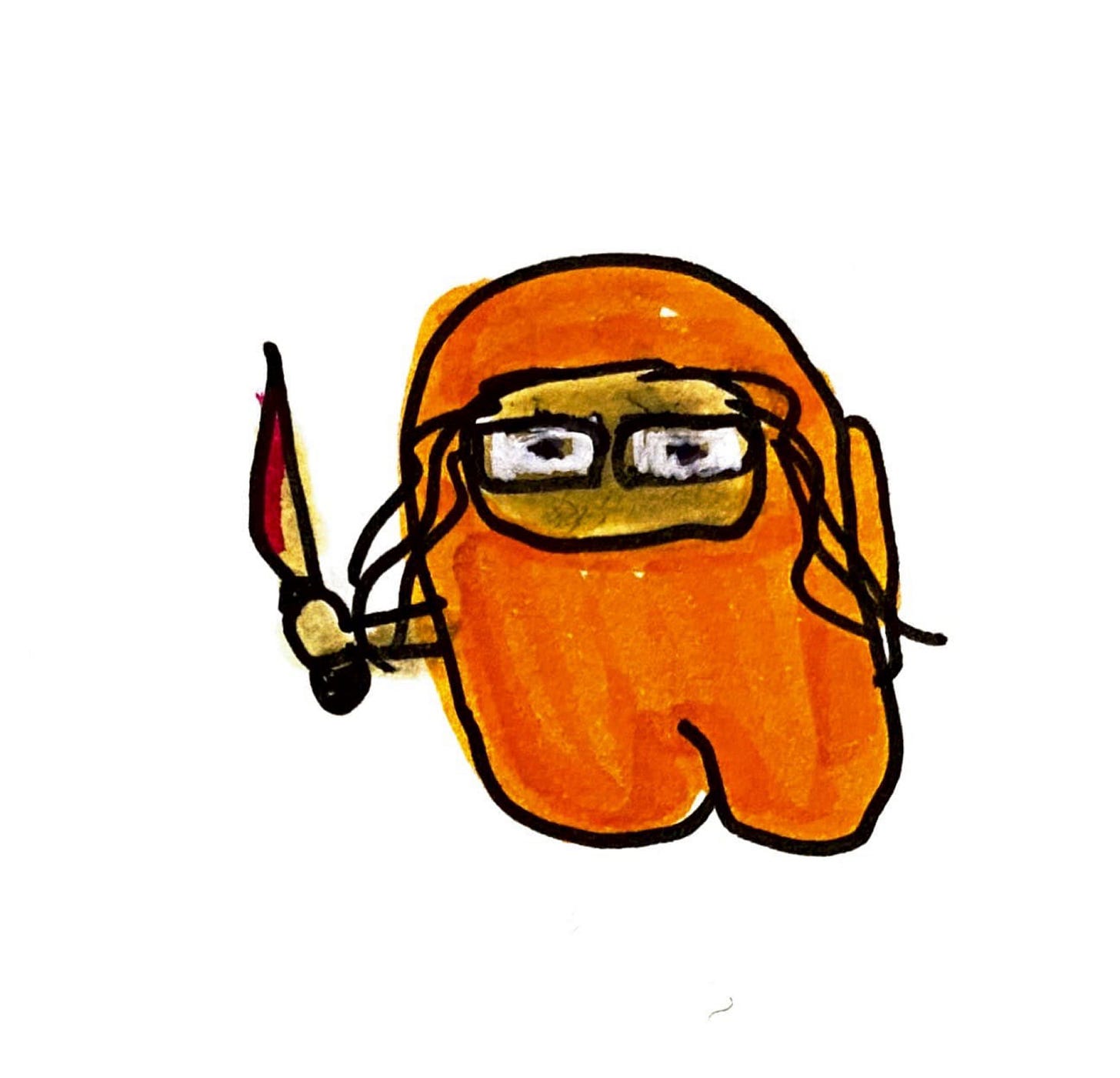

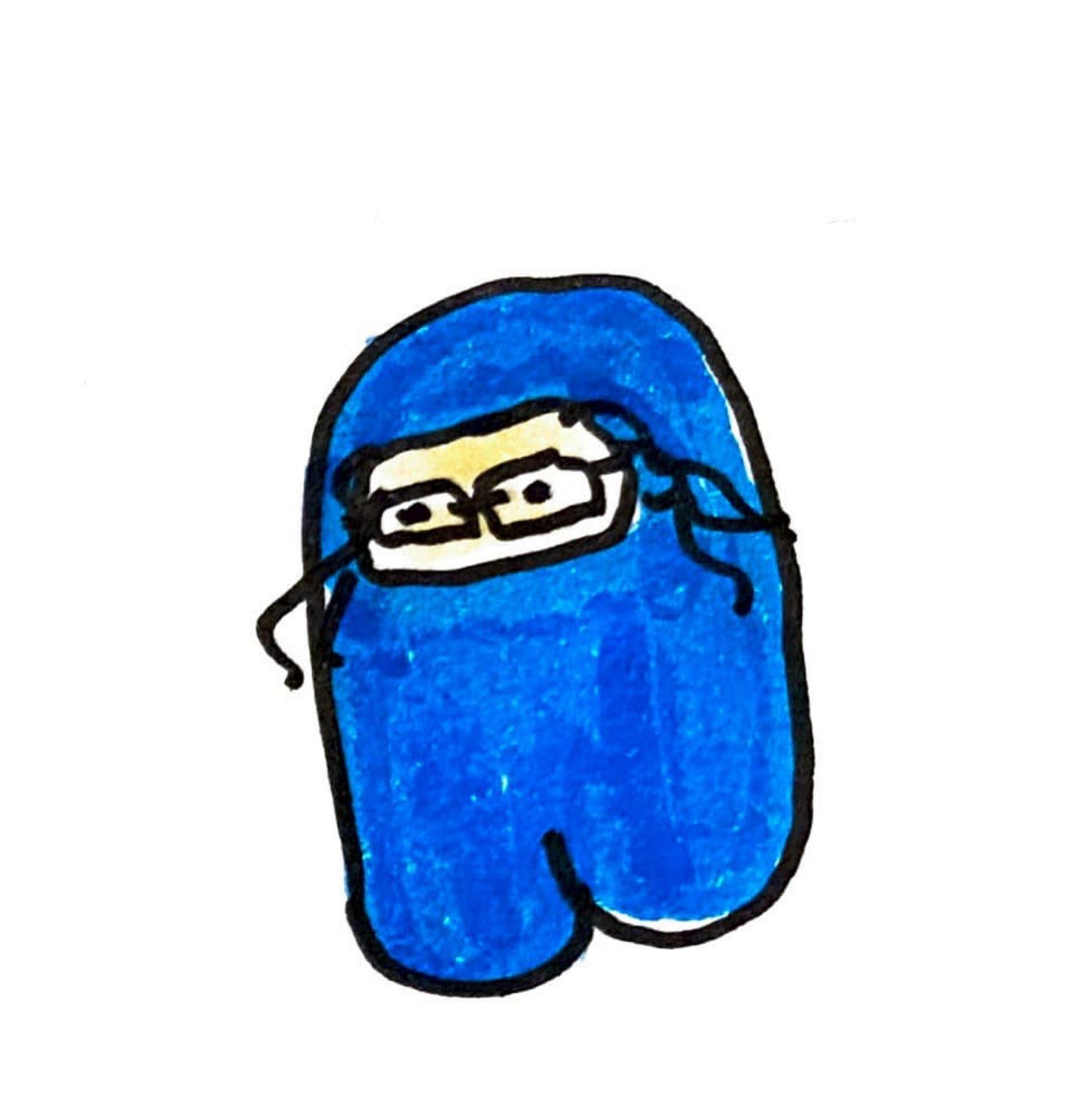
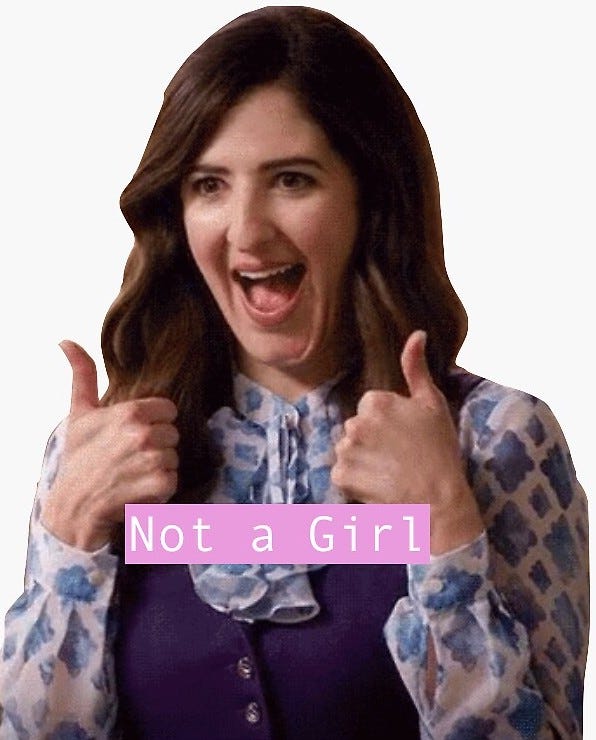
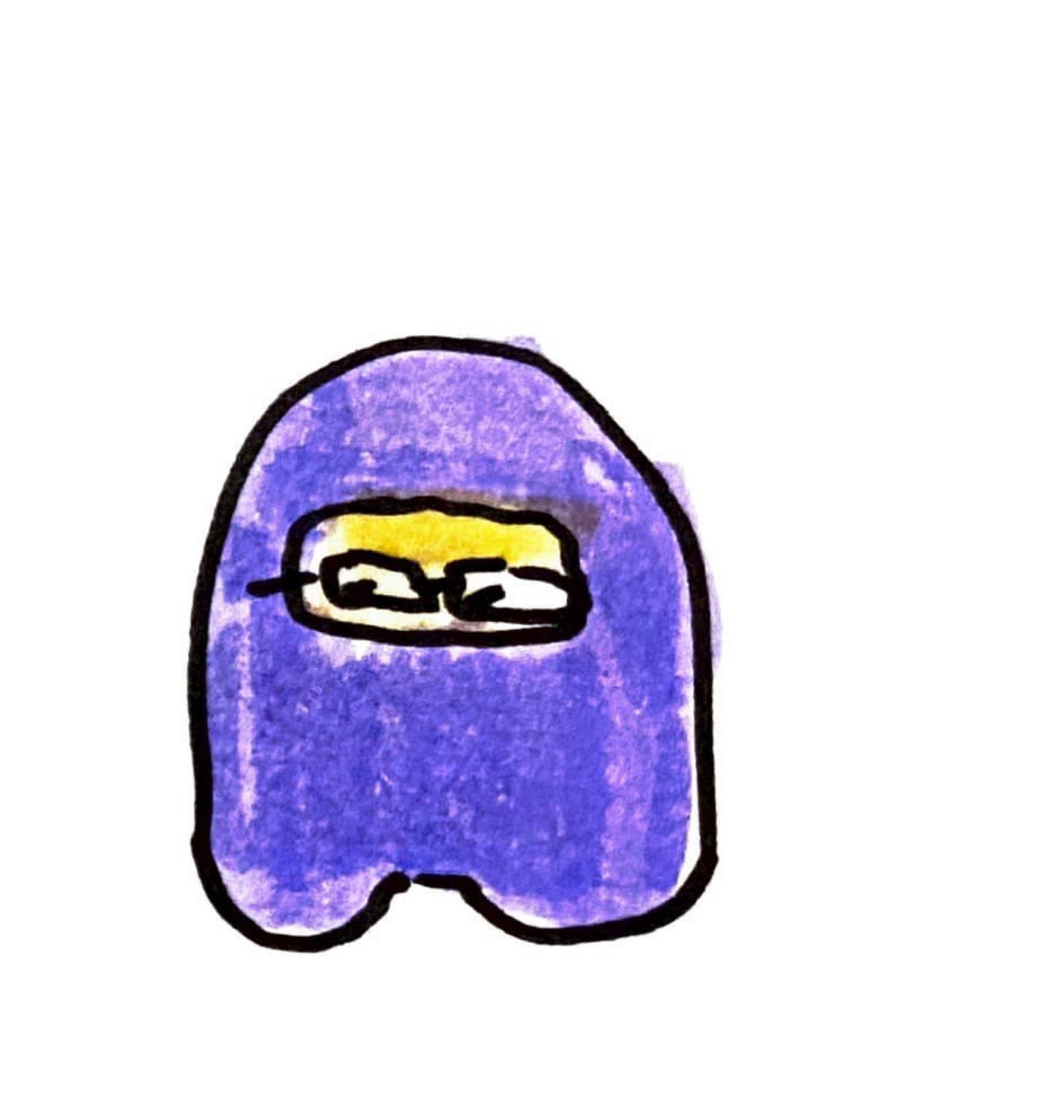
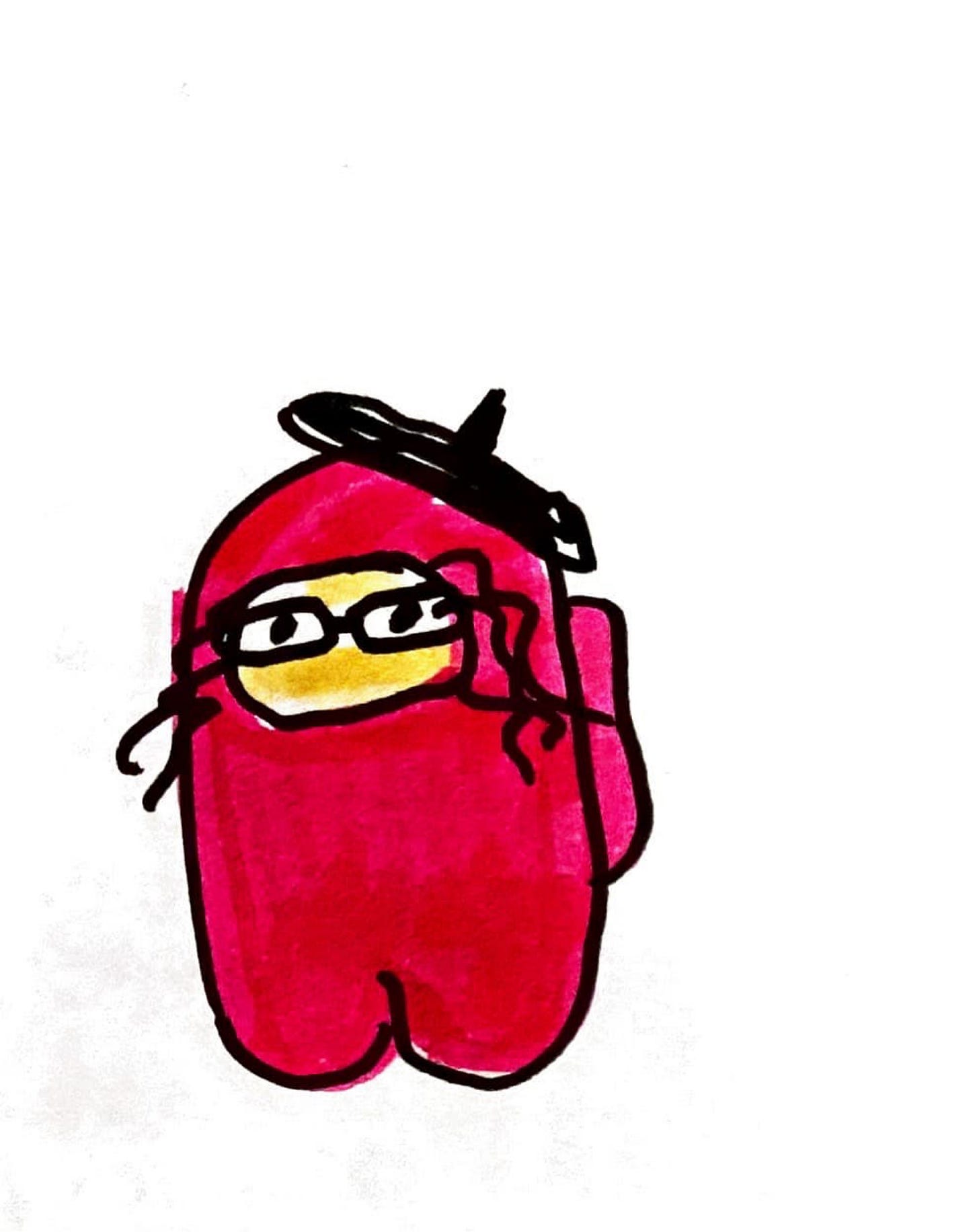
This made me feel so seen. Thank you. I've never felt the imposter syndrome thing though I fit the things that people believe constitute the elements of it: African-American, working class, first generation graduate from college and law school. It's like being a very confident secret agent on a mission, as you said.
I relate, I also moved between classes, my journey was arduous, and I'm biracial. I'm also treated very differently depending on how people read me.
I've always struggled to understand the definition of imposter syndrome. I figured that it's a psychological problem that people have, then I must have it, because I have them all. But, there's never been a point in my life where I've pointed at a specific thought or feeling and said, "that's imposter syndrome."
Your entry makes me wonder if a necessary component of imposter syndrome is having taken too easy a path to achieve a goal--a perceived imbalance between what you have and how you've worked.